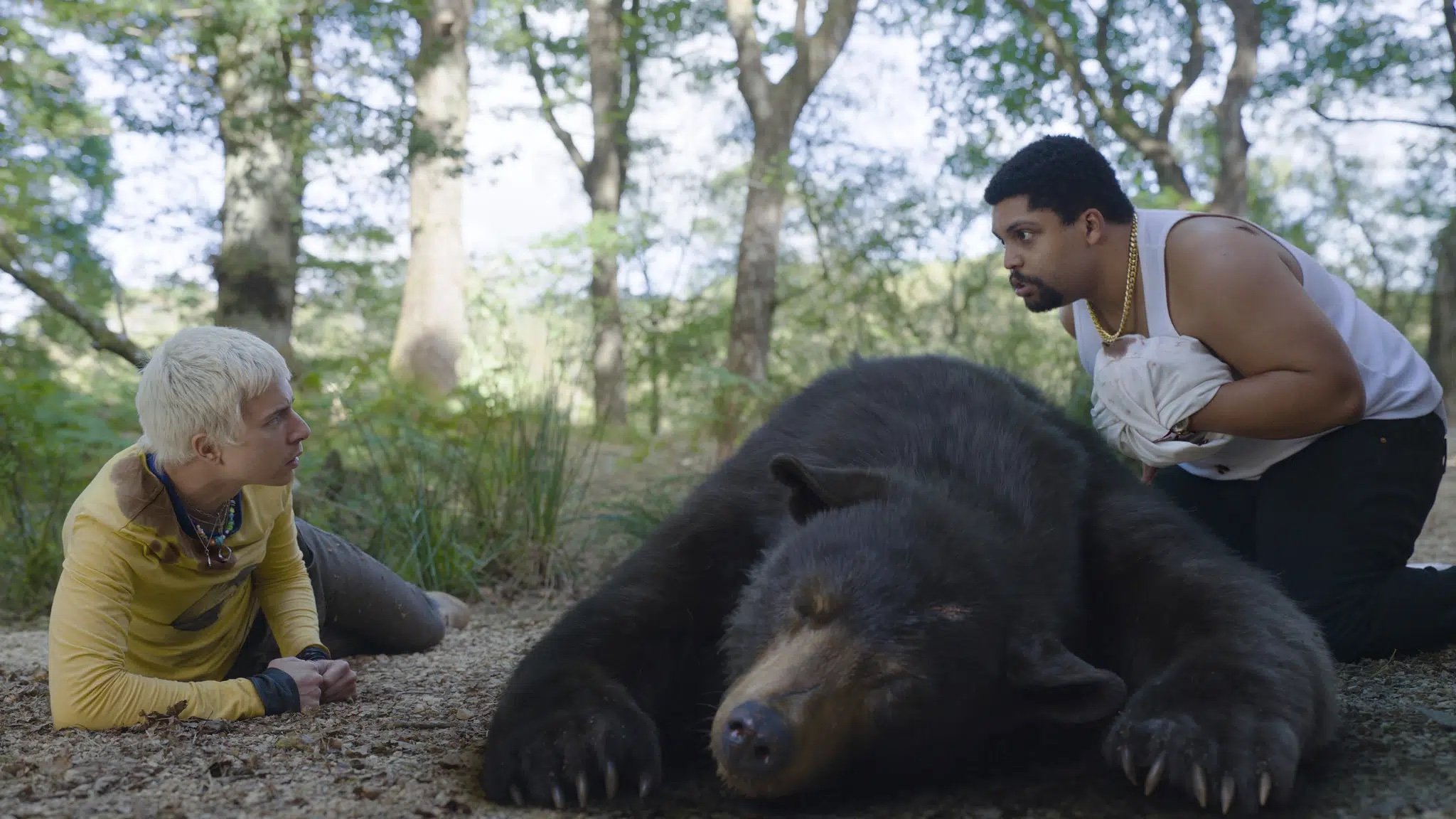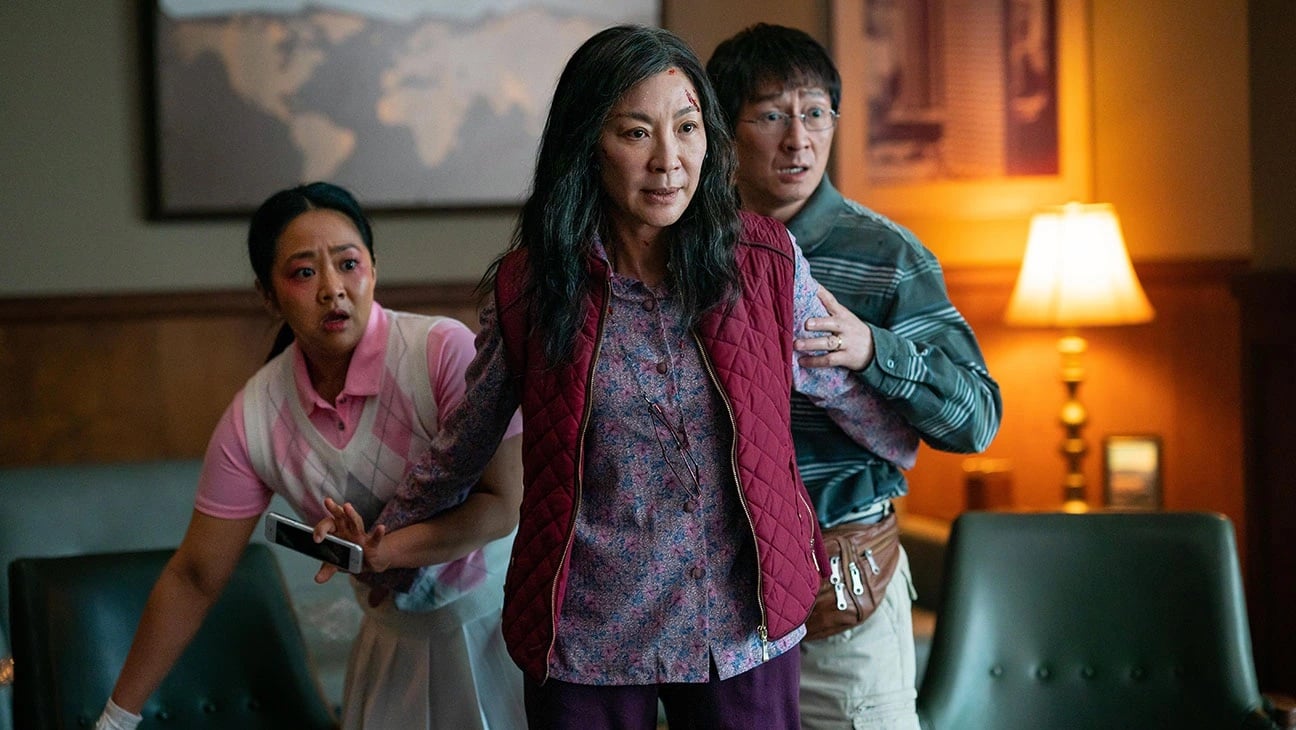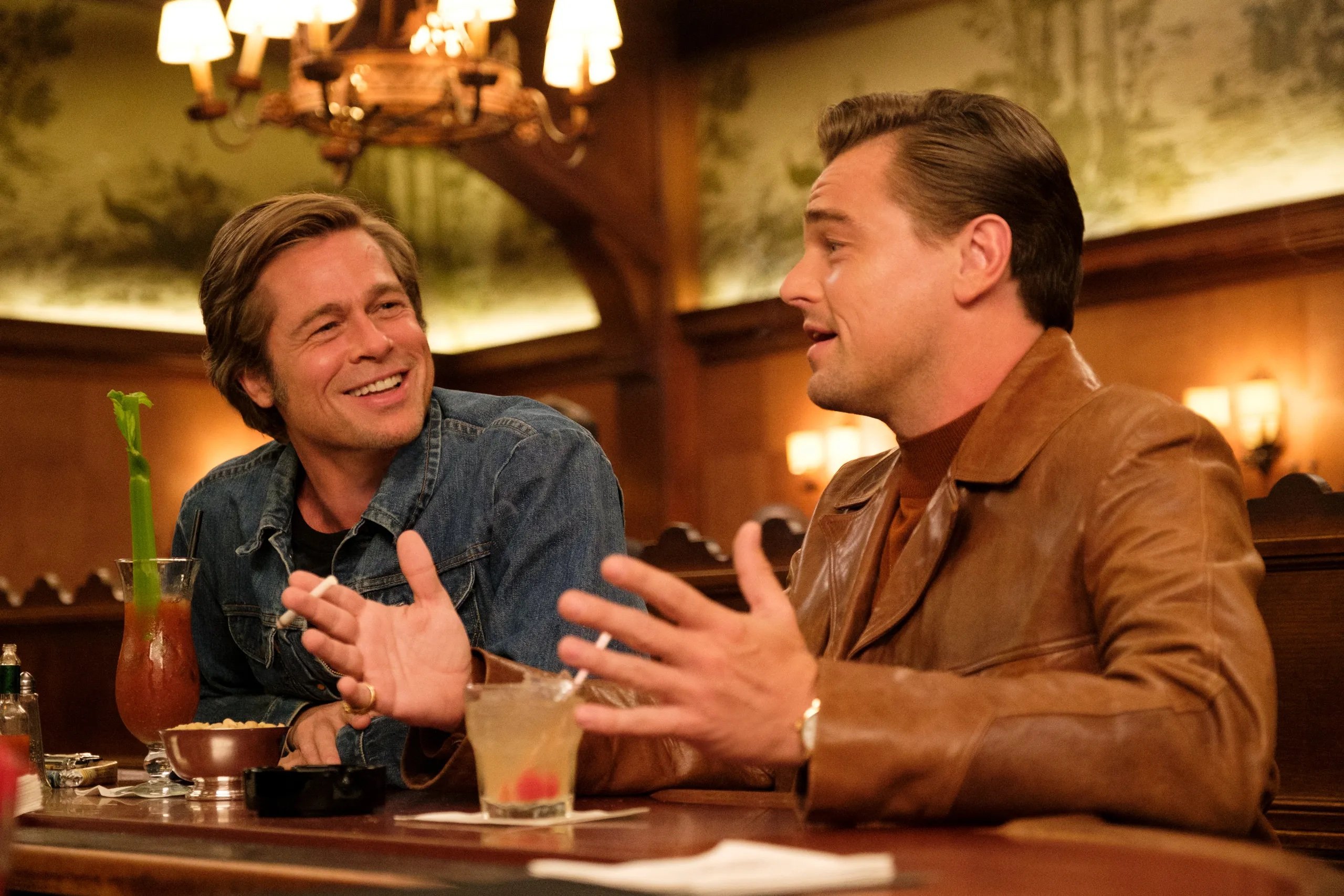How To Make Genre-Bending Work in Your Screenplay
June 30, 2023
Sometimes you have an idea for a screenplay, but it’s not suited for just one film genre. In fact, it might contain tropes from two different genres or even multiple genres! If this is the case, you’ve just dreamed up a genre-bending screenplay.
In my article “What Genre Is My Screenplay?”, I discussed the importance of knowing the genre of the screenplay you’re writing, as well as genre-bending screenplays and how they sometimes cause confusion for writers and readers alike.
Does this mean you should be discouraged from writing a genre-bending screenplay?
Not at all. Just because it might take a little more thought when writing and shopping your script, doesn’t mean it’s not a worthwhile endeavor. In fact, in recent years genre-bending has become fashionable and has led some writers to massive careers.

Genre-Bending Success Stories
Screenwriter Jimmy Warden’s spec script Cocaine Bear blended horror and comedy, and ended up becoming a sleeper hit movie! Daniel Kwan and Daniel Scheinert’s Everything Everywhere All at Once was not only an international blockbuster, it’s one of the most awarded films of all time, having swept the Oscars, Golden Globes and numerous other award ceremonies; it’s also a film that’s a genre-bending onslaught and it can be accurately described as a drama, sci-fi/fantasy, action/adventure, drama and romantic comedy (you can also throw in martial arts, techno-thriller and family melodrama if you want to get into subgenres).
In addition to these films, legendary writer/director Quentin Tarantino has been genre-bending since his breakthrough spec script True Romance to his last international blockbuster and acclaimed film Once Upon a Time in Hollywood. Tarantino and the above screenwriters didn’t limit themselves and skillfully crafted scripts that deftly balanced various tropes from various film genres.
But how did they do it?
How did they make genre-bending work in their screenplays and how can you make it work in yours?

Keep the Focus on Your Main Characters
This is good screenwriting advice in general, but when writing a genre-bending script, it’s essential.
Despite all the different film tropes and stylistic flash, Everything Everywhere All at Once at its core is about a dysfunctional family learning to embrace each other and admit their love for one another. Kwan and Scheinert always kept their focus on the family dynamic and their emotional through line; to such a degree that the film’s primary antagonist is a dark reflection of protagonist Evelyn’s depressed daughter Joy: this is the central relationship that needs healing and resolution, and it’s well tracked throughout. Similarly, Evelyn’s relationship with her husband Waymond and themes of marital fatigue are explored and likewise well-tracked.
Imagine if there was less focus on this single family unit and the writers made it all about the “Alphaverse” and the universal threat posed by the fractured timeline: would it connect with as many people? Sci-fi fans might’ve still enjoyed the film, but it wouldn’t have had the same crossover appeal. And “crossover appeal” shouldn’t be underestimated when writing a genre-bending script: one of the upshots of having a script with a lot of different genre elements is it can potentially connect with a broader range of people.
Also, stories that focus on the main characters allow people to connect with them more. Naturally, the more time you spend with a character, the more you’ll grow to understand and empathize with them. This in turn creates an emotional response from people and that’s exactly the type of response you want.
Have Relatable Characters and Scenarios
In addition to focusing on a single family and their emotional baggage in Everything Everywhere All at Once, Kwan and Scheinert made these characters very relatable and put them into relatable scenarios (apart from all that multiverse business). When Evelyn and Waymond are introduced, they’re running their laundromat and stressing over an I.R.S. audit.
Furthermore, the inciting incident and primary location of the film is at the I.R.S. headquarters. In addition to family drama, most people are anxious about paying their taxes and dealing with bureaucracy. By first grounding this genre-bending fantasy in the real world and making the main characters relatable, audiences found it easier to embrace the various film tropes that followed.

Establish and Maintain a Clear Goal
Different genre tropes doesn’t mean different goals. Everything Everywhere All at Once also gave Evelyn a clear external goal (stop the destruction of the multiverse) and internal goal (repair her fractured relationships with her loved ones). Both goals ran parallel and were reciprocal: Evelyn could only stop the destruction of the multiverse by repairing her fractured relationships.
Even a genre-bending film with a looser and less conventional structure like Once Upon a Time in Hollywood has a protagonist with a clear goal. Rick Dalton is a fading star who wants to remain relevant in the entertainment industry; this is established at the beginning and is tracked throughout the film until Rick finally gets invited into his famous neighbors’ home.
It doesn’t matter that the film alternates between a period piece drama, buddy comedy and grindhouse thriller; Tarantino never lost sight of Rick’s external and internal goals when writing the script.
What Works for One Genre… Works for Every Genre
By this point, you might realize that these above tips can be applied to any type of screenplay.
And therein lies the larger point.
It doesn’t matter if you’re writing in one genre or multiple genres, the fundamentals of storytelling still apply and regardless of the genre. Whether it’s a horror comedy or a sci-fi adventure or a film with a multiverse worth of genre tropes, a screenwriter should never lose sight of the main characters and their emotional through line and goals.
Once a writer starts thinking in these terms, they’ll find navigating through different genre tropes easier than before because they’ll realize it still comes down to two things:
Character and story.
Written by: Edwin Cannistraci
Edwin Cannistraci is a professional screenwriter. His comedy specs PIERRE PIERRE and O’GUNN both sold with more than one A-list actor and director attached. In addition, he’s successfully pitched feature scripts, TV pilots and has landed various assignment jobs for Universal, Warner Bros, Paramount and Disney.



